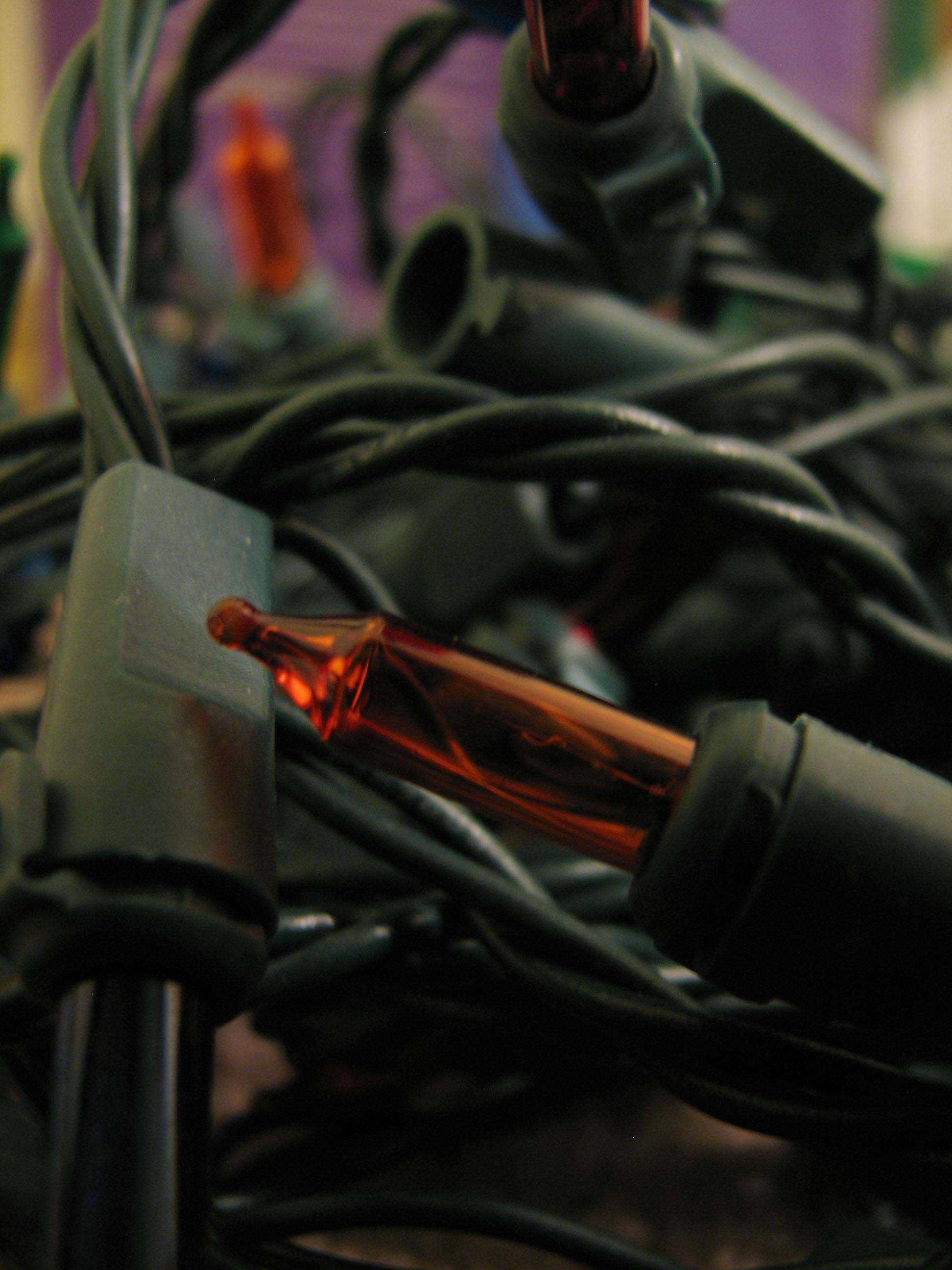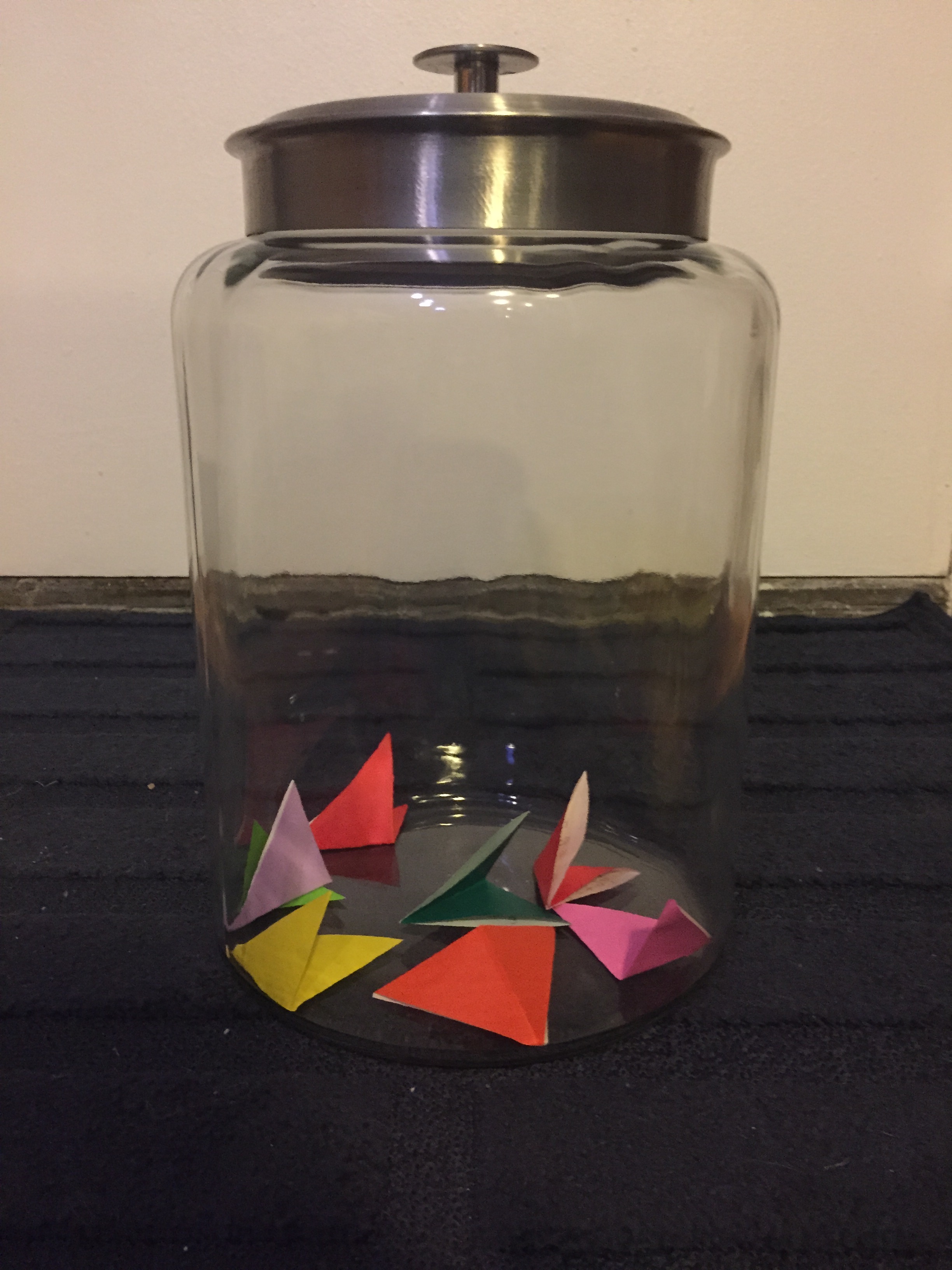
As a therapist (and as a person who has undergone the harrowing road of IVF myself), I have had the honor of supporting individuals and couples through the labyrinth of IVF (in vitro fertilization). One prominent theme that surfaces in the process of treatment is the experience of living dual lives—juggling the demands of everyday existence while managing the private, emotionally charged world of fertility treatments.
The Public Life
In your public life, you likely often appear just like everyone else. You interact as if all is normal – sharing jokes with friends and engaging in family conversations. Yet, beneath this exterior lies a different reality. Each routine activity is intertwined with the silent weight of your IVF journey—a reality often invisible to those around, who may be unaware of the emotional and physical demands of fertility treatments.
The Private Life of IVF
Behind the scenes, a different life unfolds—one marked by:
1. Hope and Optimism: Every treatment cycle brings a renewed sense of hope. The possibilities of what could be are endless, and each step—medication, egg retrieval, embryo transfer—carries the potential for success.
2. Disappointment and Grief: When outcomes are not as hoped, you feel a profound sense of loss. This grief isn’t just about an unsuccessful cycle; it’s about the loss of dreams and the envisioned future. This grief can feel isolating, as it is often not openly shared or understood by others.
3. Anxiety and Fear: The uncertainty of the IVF process creates a persistent undercurrent of anxiety and fear. Will the treatment work? How many more cycles can be endured emotionally, physically, and financially? This fear is a constant companion, often carried silently.
4. Physical and Emotional Toll: The hormonal treatments, injections, and procedures are physically demanding, leading to fatigue and discomfort. Coupled with this is the emotional toll—fluctuating between hope and despair, often within the same day.
Balancing the Dual Lives
Balancing these dual lives requires immense strength and resilience. Here are 5 strategies that can help:
- Honest Communication with Loved Ones: Sharing the journey with carefully selected close family and friends can provide emotional relief. Letting them in on the challenges and triumphs of IVF can create a support network that offers empathy and understanding.
- Journaling: Keeping a journal to document thoughts and feelings can be therapeutic. It provides an outlet to process emotions privately and can offer insights into coping mechanisms and emotional patterns.
- Engaging in Creative Activities: Involvement in creative pursuits such as art, music, or writing can serve as a healthy distraction and a means of expressing emotions. Creative activities can provide a sense of accomplishment and joy.
- Move: Move your body, even if it’s just a slow walk around the block. Changing your surroundings and moving can support with changing how your brain and body are processing your feelings.
- Seeking Professional Support: Therapy offers a structured environment to explore emotions, develop coping strategies, and maintain mental health. A fertility-competent therapist can provide personalized support and help navigate the complexities of living dual lives.
The journey of IVF is one of the most challenging experiences, demanding resilience and strength. While the outside world may see a facade of normalcy, the inner world is filled with hope, grief, fear, and determination.
As a therapist, my role is to support people through this intricate journey, helping you find balance and maintain emotional well-being amidst the highs and lows of IVF. If you or someone you know is navigating this path, remember that support is available, and seeking help is a courageous and vital step toward maintaining your well-being.







